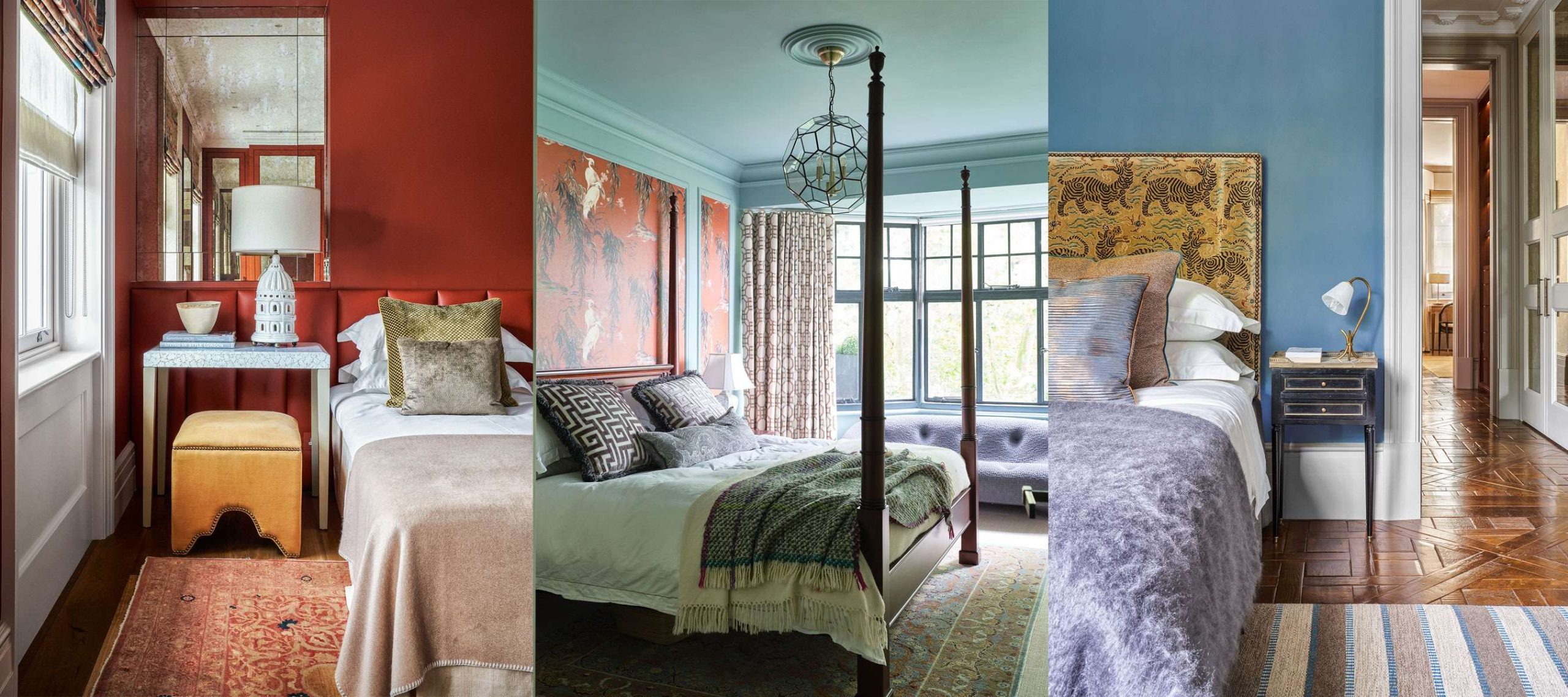Why Bedroom Decorative Lights Might Be Harmful: Key Concerns

Decorative lights can significantly enhance the ambiance of your bedroom, making it more inviting and cozy. However, there are potential downsides to consider, which could even impact your sleep. Here’s a closer look at the pros and cons of using decorative lights in your bedroom.
Impact on Sleep
Using decorative lights while sleeping can disrupt your sleep patterns. Some lights emit blue light, which can suppress the production of melatonin, the hormone responsible for regulating sleep. This disruption can lead to difficulties falling asleep or maintaining restful sleep throughout the night.
Eye Strain
Bright or flickering decorative lights can strain your eyes. Prolonged exposure to such lights may cause discomfort, irritation, or headaches. It’s essential to choose lights that are gentle on the eyes to avoid these issues.
Energy Consumption
Frequent or prolonged use of decorative lights can increase energy consumption, leading to higher electricity bills. If you use these lights regularly, it’s worth considering energy-efficient options to minimize costs.
Fire Hazard
Certain decorative lights, especially those of poor quality or older models, can become hot and pose a fire risk. The danger increases if these lights are placed near flammable materials. Ensuring that your lights are of high quality and regularly inspected can help mitigate this risk.
Environmental Impact
Using high-energy-consuming lights can have a negative impact on the environment. Increased energy usage leads to higher carbon emissions, contributing to environmental degradation. Opting for energy-efficient lighting solutions can help reduce your ecological footprint.
UV Radiation Risks
Some decorative lights, such as black lights, emit ultraviolet (UV) rays, which can be harmful to both skin and eyes. To avoid potential health issues, choose lights that do not emit UV radiation and ensure they are used safely.
Tips for Safe and Effective Use
Choose Warm, Soft Lighting: Opt for lights that provide a warm and gentle glow, which is less likely to disturb your sleep.
Turn Off Lights Before Sleeping: Make it a habit to switch off decorative lights before going to bed to avoid disrupting your sleep cycle.
Check Light Quality: Ensure that the lights you use are of good quality and do not pose any fire hazards.
Consider Energy-Efficient Options: Use LED lights or other energy-efficient options to reduce electricity consumption and environmental impact.





